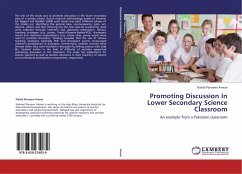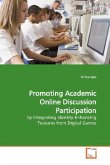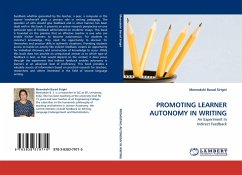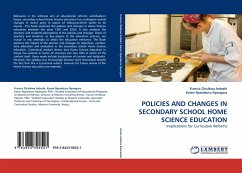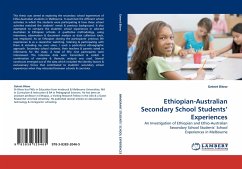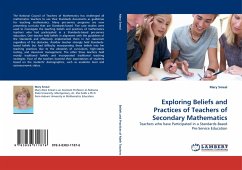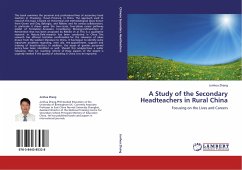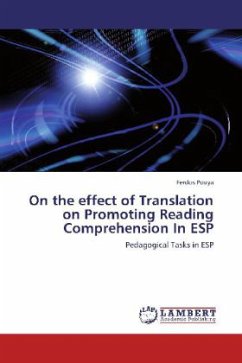The aim of this study was to promote discussion in the lower secondary class of a private school. Action research methodology based on Kemmis, Mc Taggart and Retallick (2004) cyclic model was used. Different phases of the model are: identifying the general idea, reconnaissance, plan, act, observe, reflect, and then entering into the next cycle by re-planning. Data were collected through interview and classroom observation. Various teaching strategies (e.g. poster, Predict-Observe-Explain-POE, discrepant event) and classroom organizations (e.g. whole class, group work) were used to promote discussion. Findings revealed that the use of various teaching strategies especially POE and discrepant events encouraged children s participation in discussion. Furthermore, children showed more interest when they were involved in discussion by linking science with daily life. Gradual incline in the level of difficulty of activities supported promoting discussion in the classroom. The study hasimplications for science teachers as well as teacher educators in their teaching of science and professional development programmes, respectively.
Bitte wählen Sie Ihr Anliegen aus.
Rechnungen
Retourenschein anfordern
Bestellstatus
Storno

